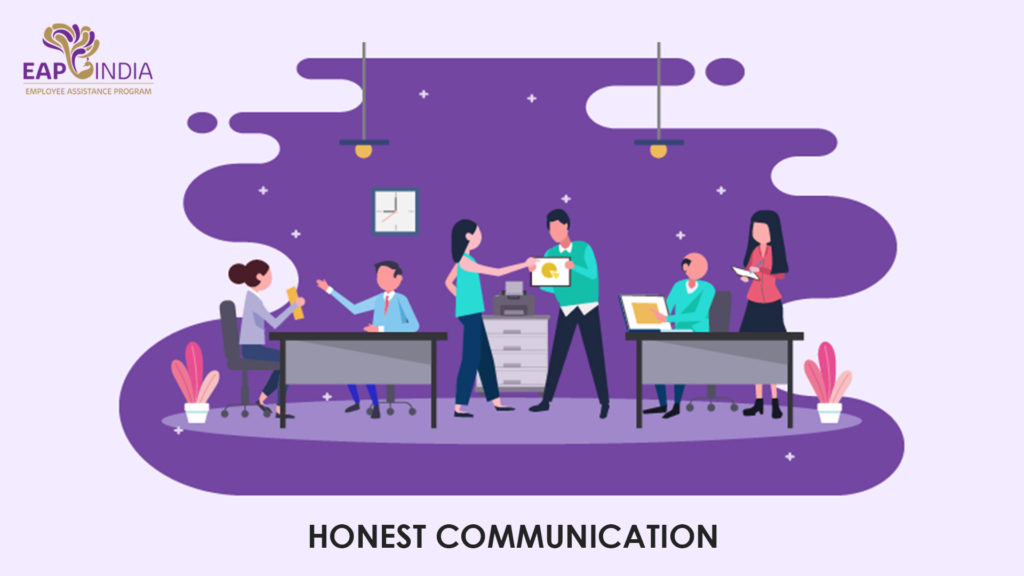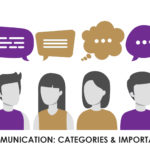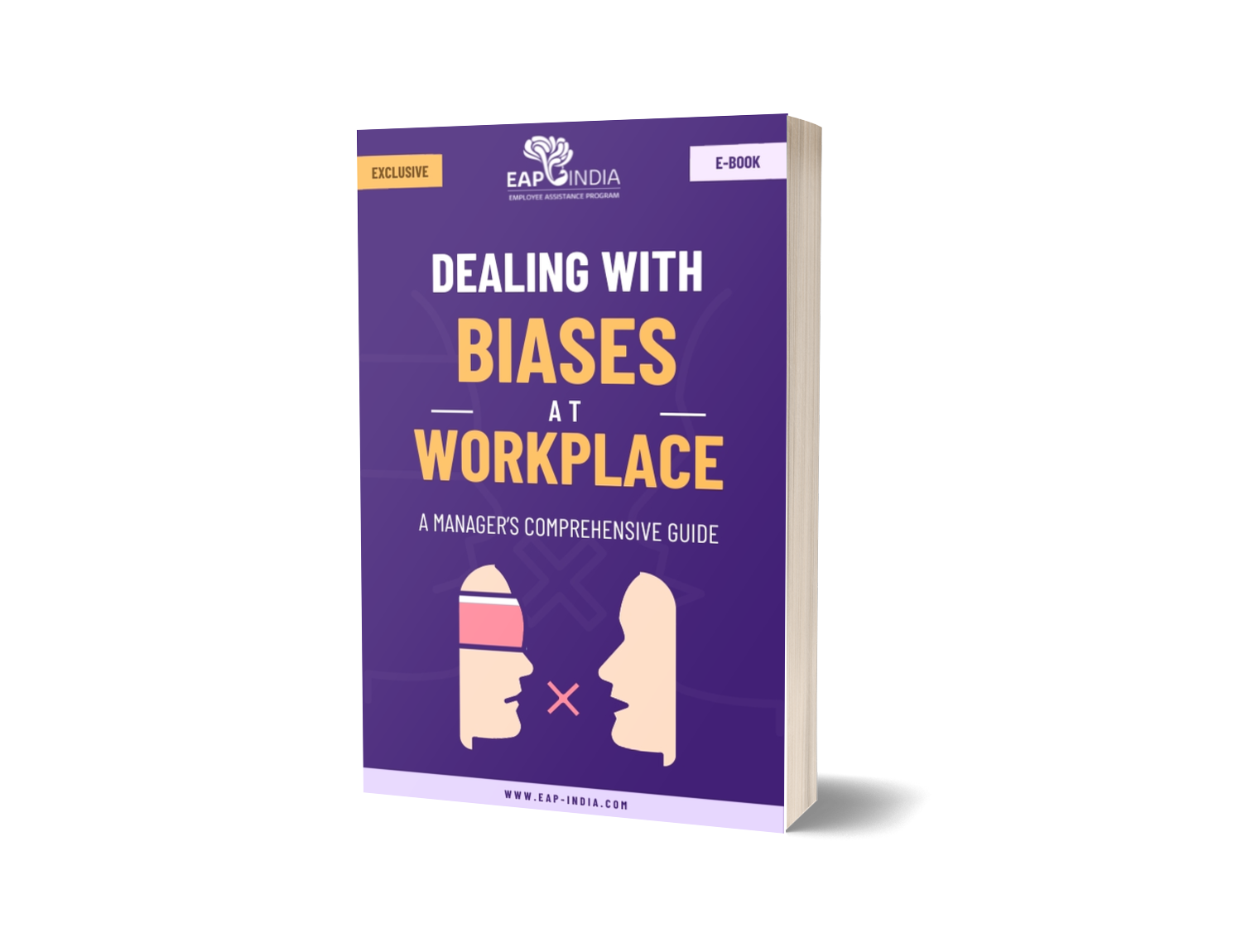Honest communication among people can improve communication in a broad aspect. It can also develop quality and experience in different situations like at a workplace setting or even an informal setting. The key to this is the word “honest”. Although sometimes even honest communication could find it tough to get the message conveyed and thus people continue to convey the wrong message or mis-communicate.
Our words play a powerful role in communication and this is where not saying what we mean comes into play. There are different circumstances where this shows up: could be at work place, or a friendship where for some reason someone hid crucial information from the other friend, could be that people speak half-truths, causing inaccurate stories and hopeless decisions, or could be a relationship where a person said one thing but did another.
Whatever the situation, you may be the one on the receiving end of the miscommunication or you could just be the one who mis-communicated.
Instead of misreading the situation, what one can do is – try to understand what the person meant by making use of these following 5 strategies:
-
Using Words That Others Use
One would call this lying, whereas some would call it being careful with words or being sly. So here, we know that often one may turn to others for advice and opinions on situations in their lives. Sometimes it is good to have implemented these ideas, advice, suggestions, etc. for whatever it is that you are planning. The problem here comes up if you are blindly following these ideas, suggestions etc. only because you realize others are agreeing with these, whereas you have no idea about what you’re trying to implement whether it is practically or verbally. We tend to say things we don’t mean because we have used other words because these words provide our character with affirmation and approval.
-
Habits
Habits are developed and many find it hard to change, the main reason is people don’t know they have certain habits. Habits play an important role in people saying things they don’t mean when one has a habit of always responding the same thing to whatever people say. For example, going on saying yes for things they do not want to say yes to and saying no for things they want to say yes to. It is not that they do not know they want to say yes. It is just that because they have said yes to many in the past it is now out of habit they say yes because saying no somehow feels wrong after saying yes to similar situations in the past. This has got to do with our brain and the way we form habits. The habits we form are also by learning from others’ close to us.
-
Meant It Before
We keep changing our minds regarding a lot of things, including making important decisions. This happens while we’re communicating too. Sometimes after the conversation, we tend to realize or land up not being happy with the decision we made and tend to change the decision. This happens most times because we have got new information after the conversation or sometimes it is just that we were under pressure while in the conversation.
-
We Care And We Don’t Want To Hurt Others
This is the major reason most of us tend to say things we don’t mean. We even tend to follow the points above because we do not want to make someone feel bad. Most of this is got to do with not wanting to ruin the relationship you already have with the person you’re speaking with. For example, you may tend to be diplomatic in a conversation so that you do not hurt your friend’s feelings and you do so while evaluating how your friend is responding to the conversation. Some of it is also based on your knowledge of knowing your friend long enough to know what hurts them. The fact here is that due to not being completely honest, there will be consequences whether it is your friend who faces it or whether it is you, what matters is you need to know this is a problem and try to be as genuine as possible because this is what could lead to habit and a lot of other scenarios.
-
What We Aspire
The second most common reason after the “we care and we don’t want to hurt others” is that we say things we generally don’t mean is because we to a certain extent we did mean it but in reality, it just is not possible. One of the examples that could be taken is, some of us say give me a call, I am here to listen to you. We mean it from all our hearts but the problem here is as we say it as we know that in most cases we are busy and do not have as much time to answer or give a person time even when they will call us shortly. Another example, when you keep telling people “I’ll see you tomorrow at 5” or different people different timings but never make it on time or know you’re going to be late but still wish to be there on time because you have the desire to do so. All this is done with a good intention but knowing you can’t make it possible or not working towards it. Then realizing this you should either start working on what you say or tell the person the truth that is what you mean.
Conclusion
There are times where we tend to know what we’re saying and other times we really don’t know what we’re trying to say, but it is not good because you tend to confuse others including yourself sometimes and that can create miscommunication and spoil relationships. It may not be intentional but it might make us look skeptical and uninterested in people.
With the strategies mentioned, it can come in handy for us to evaluate ourselves and realize that there are some things that can be changed for good; also that changing a few certain things can help us in communicating better.







